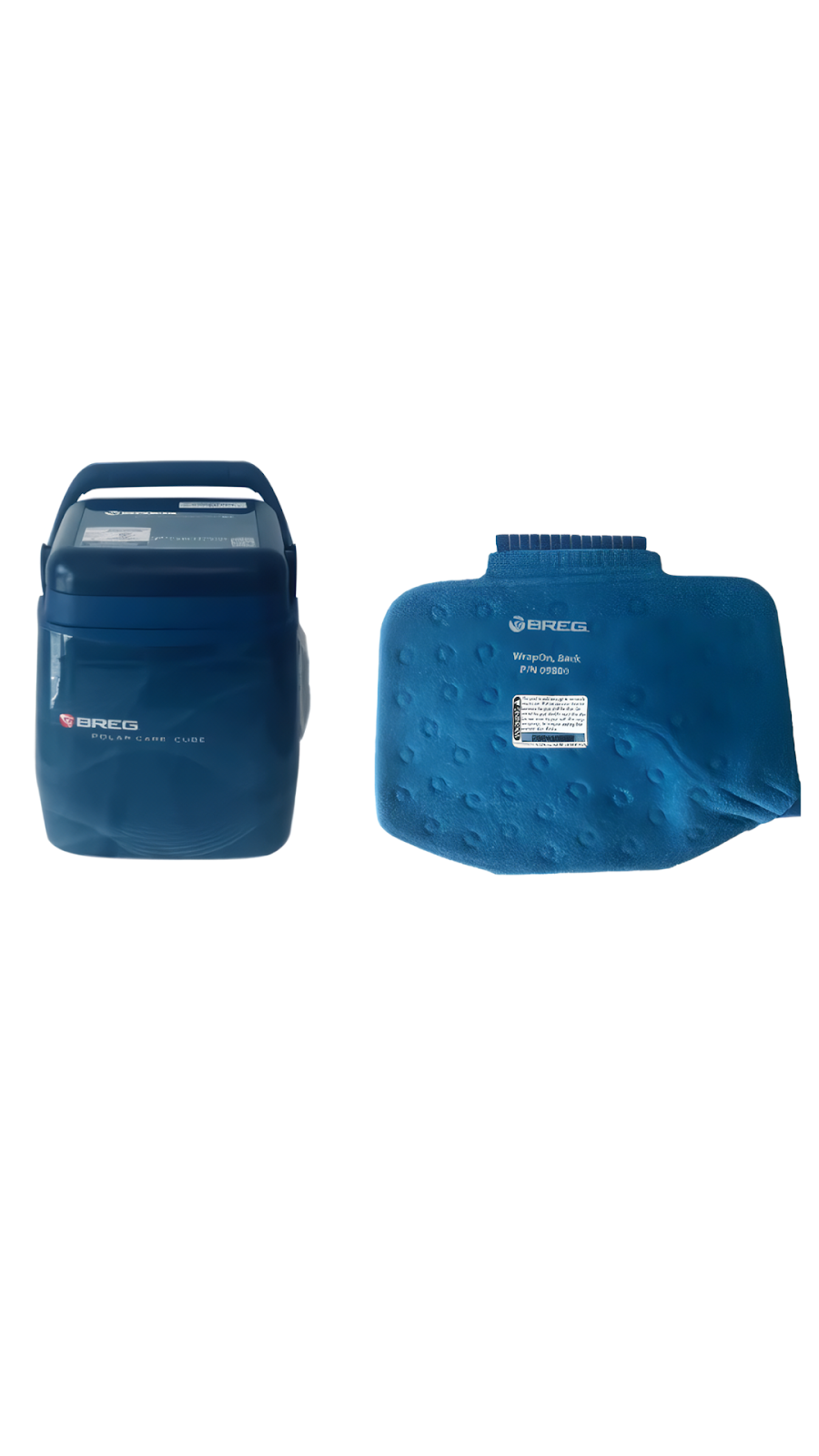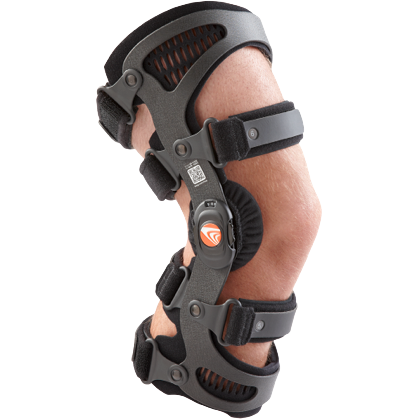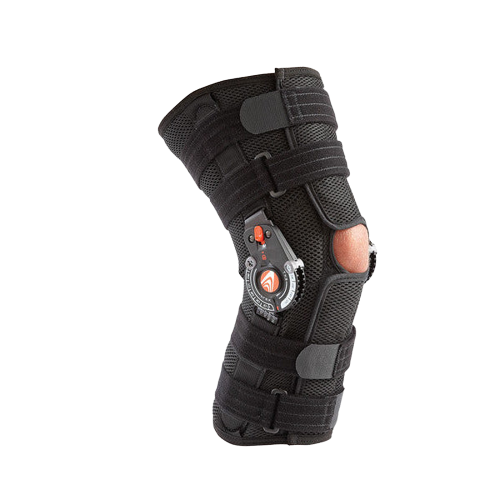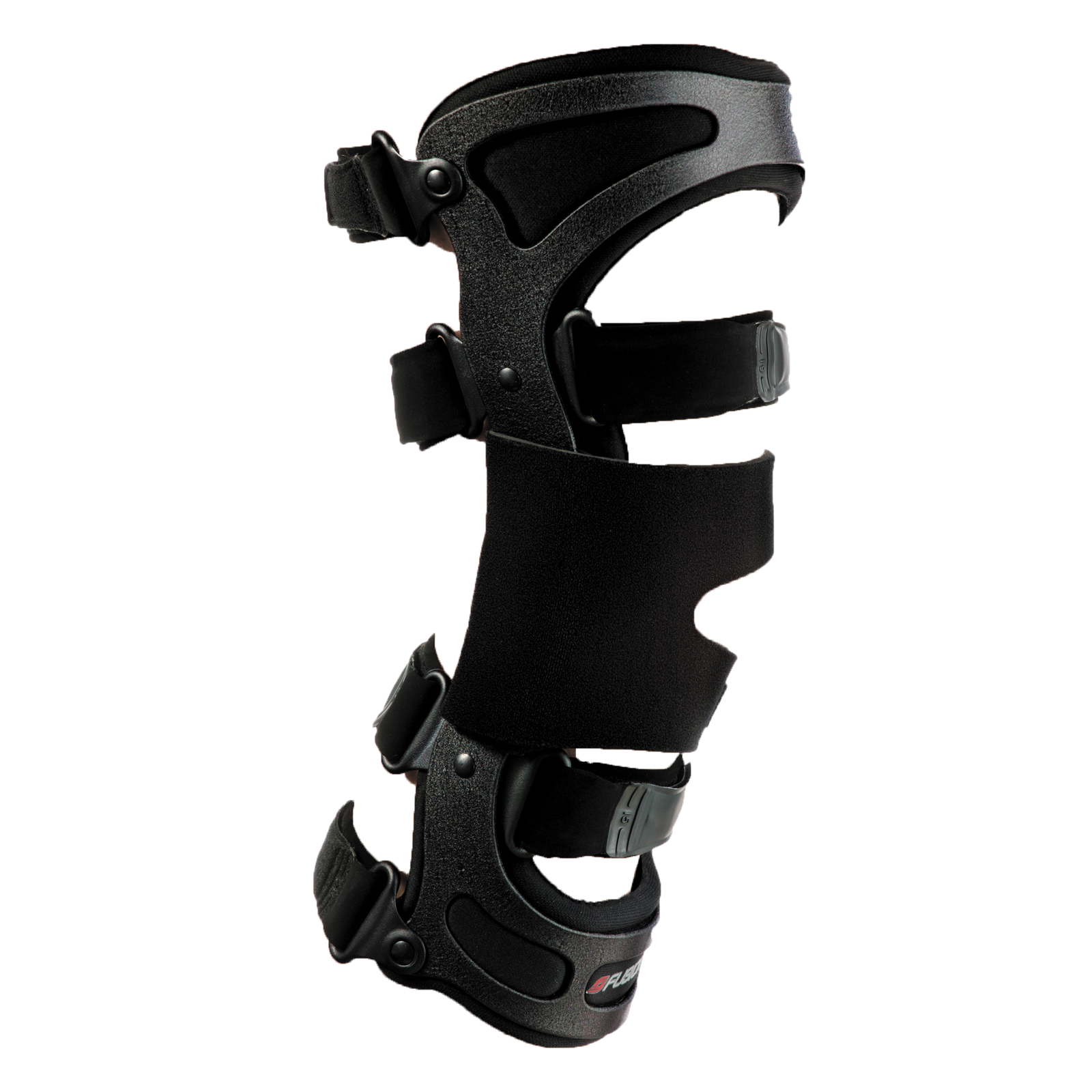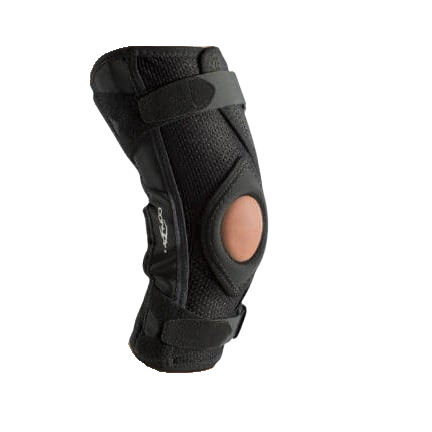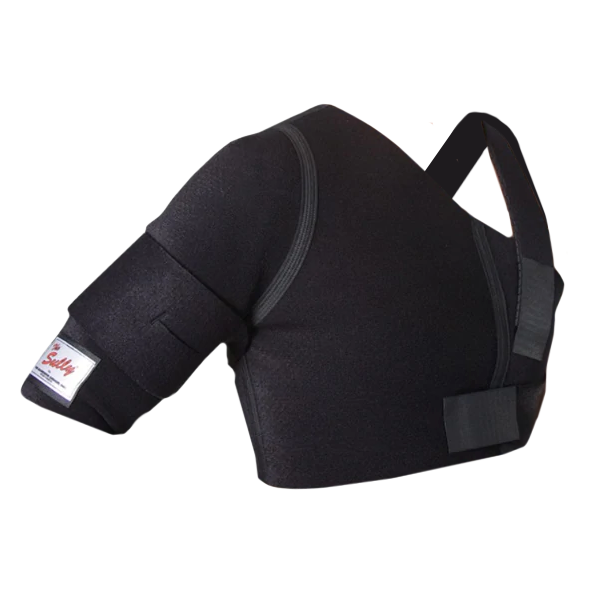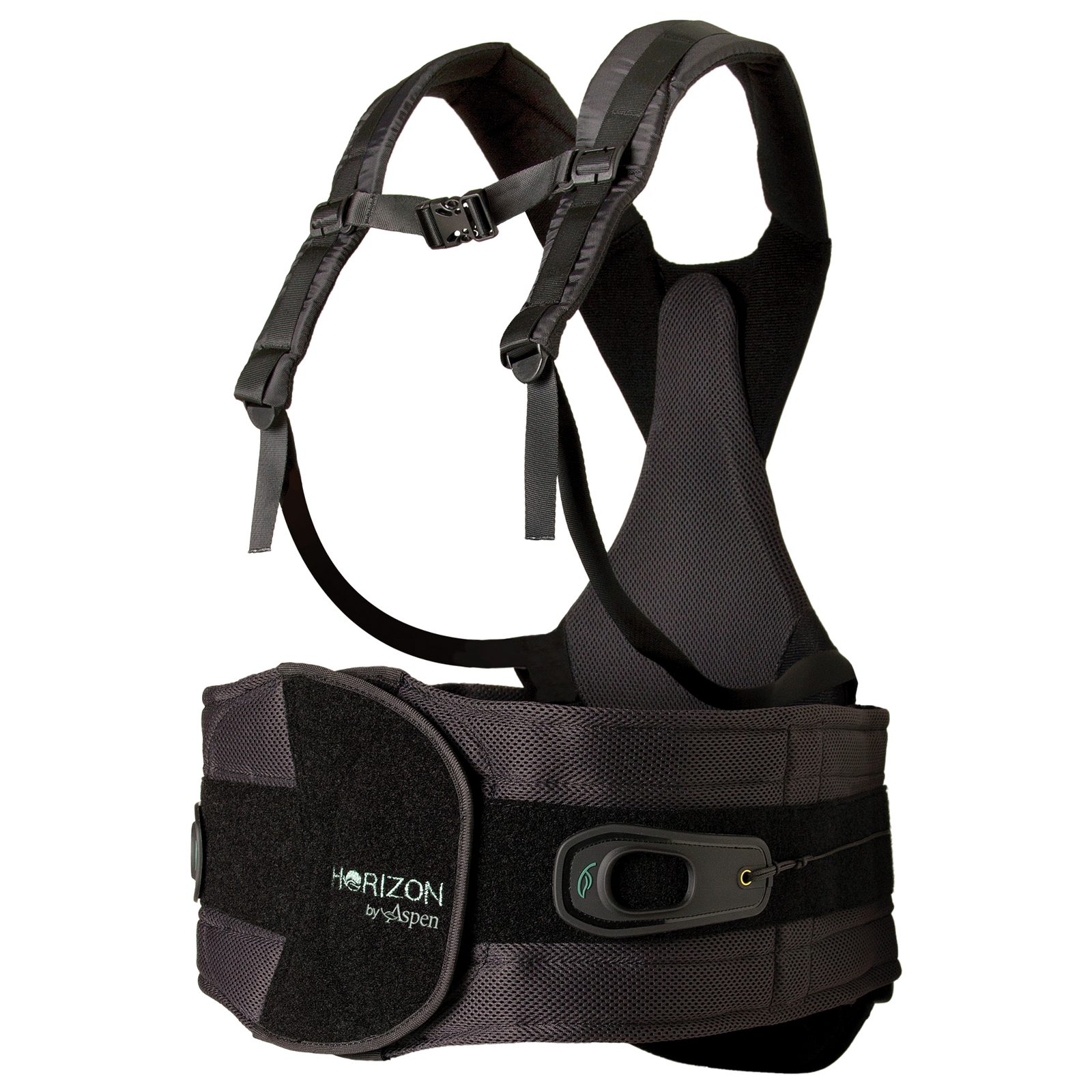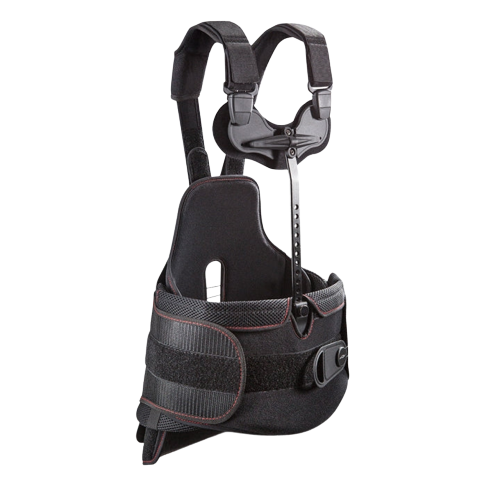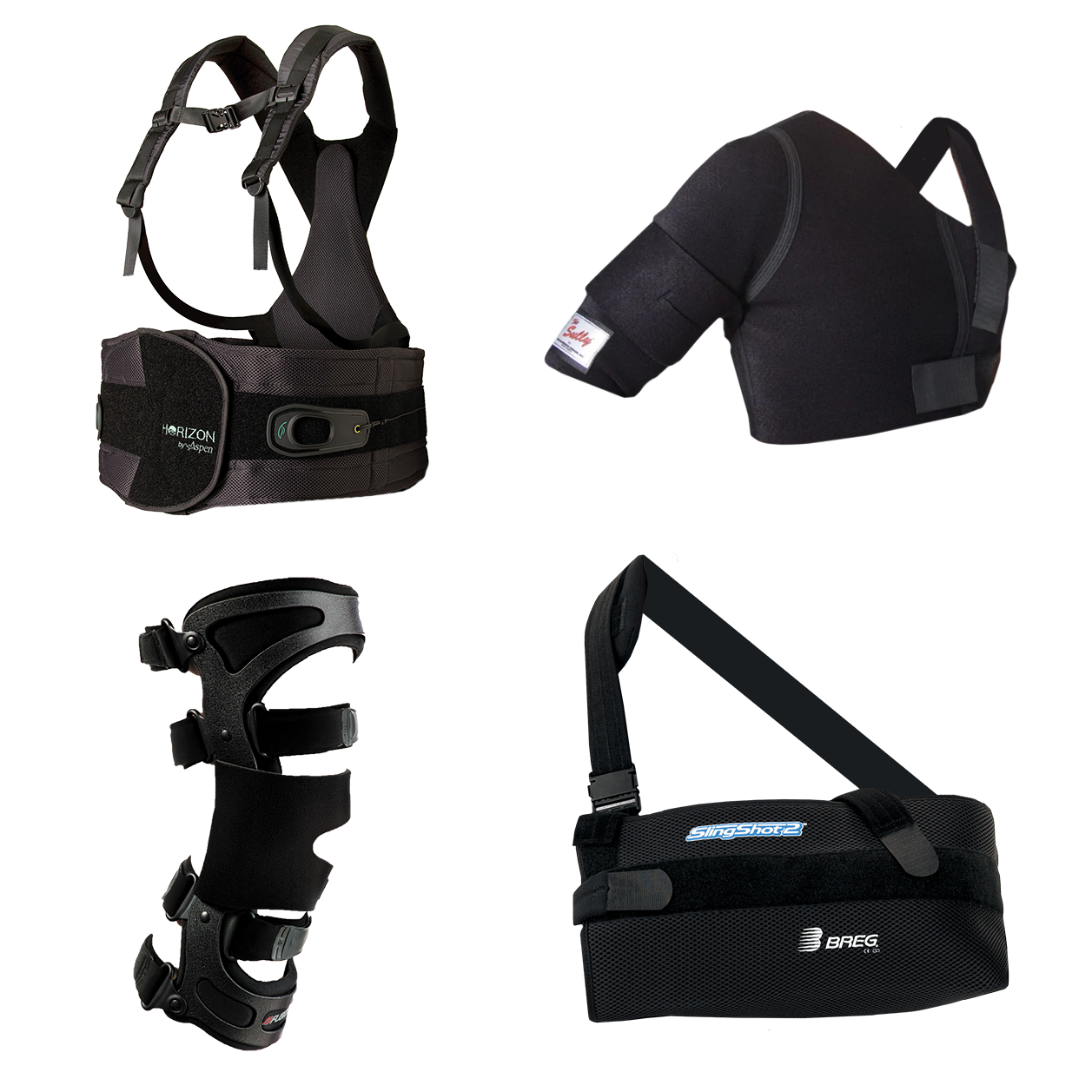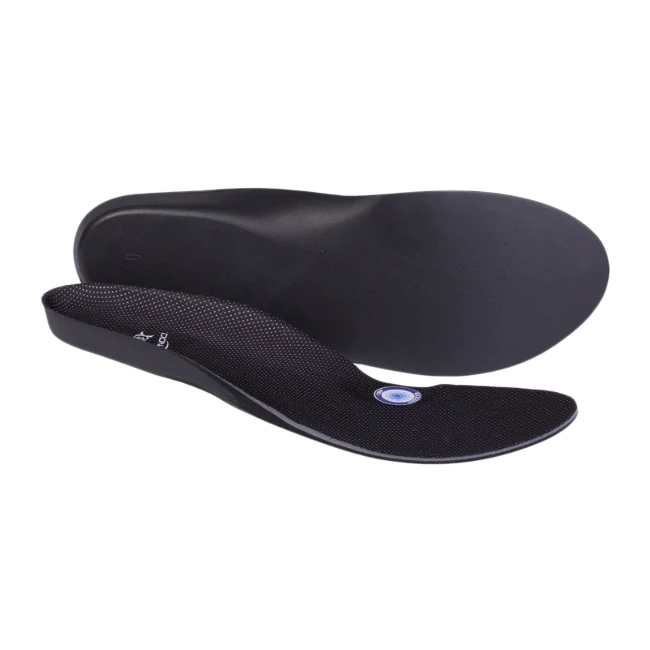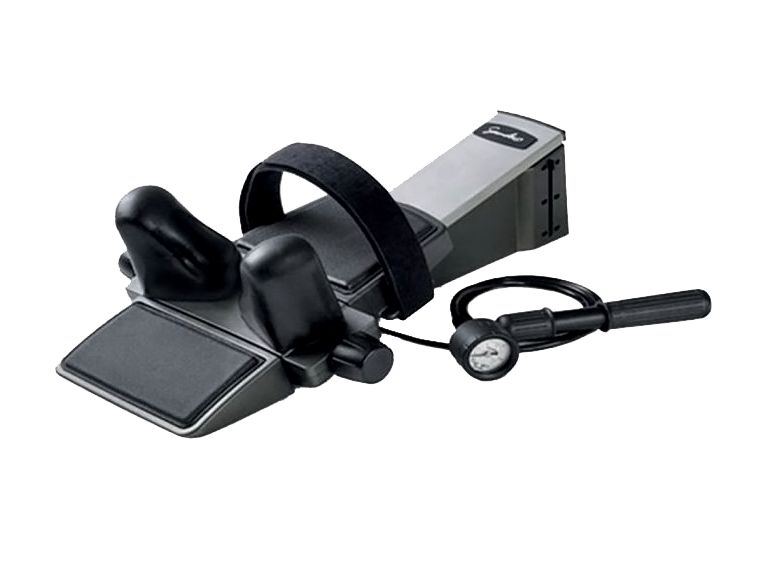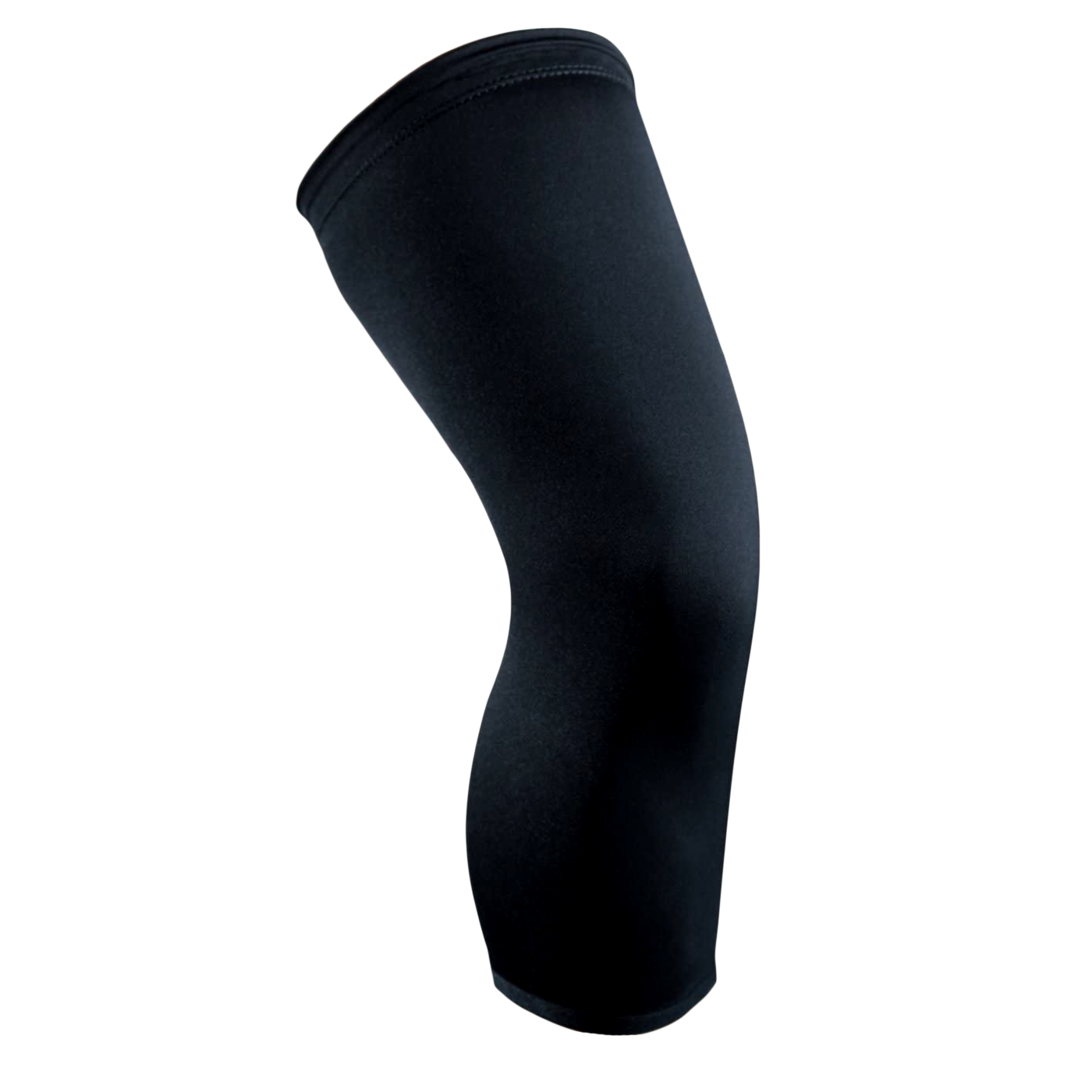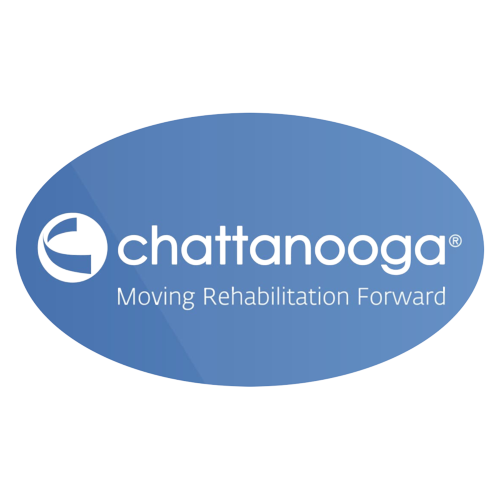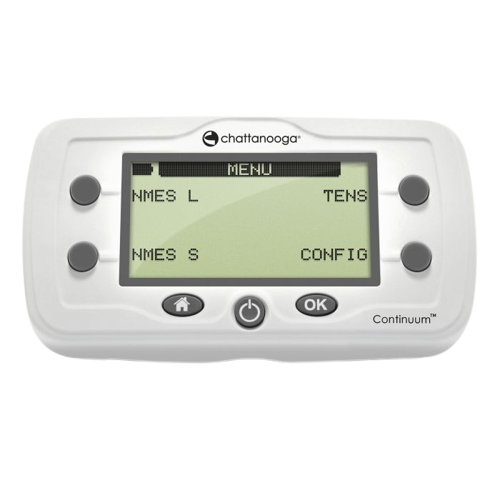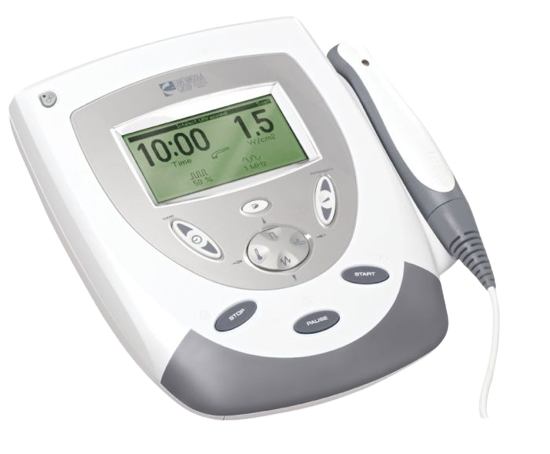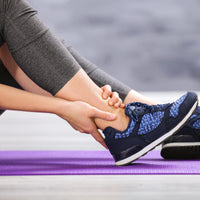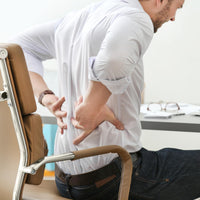
Key Takeaways:
- Prioritize Nutrition: Focus on a diet rich in protein, vitamins, and anti-inflammatory foods to support tissue repair and enhance recovery speed.
- Effective Pain Management: Use methods like cold therapy, compression therapy, and prescribed medications to manage pain and reduce swelling after surgery.
- Stay Active with Care: Engage in gentle exercise and follow a personalized physical therapy plan to improve mobility and prevent stiffness while ensuring you do not overexert yourself.
After surgery, the road to recovery can feel long, and every day spent waiting to heal can test your patience. You’re eager to return to the routines, activities, and independence that make up your daily life, but you also know that recovery requires a careful balance of rest and action. The good news? There are expert-backed strategies that can help you safely accelerate your healing process, empowering you to get back on your feet more quickly.
In this article, we’ll explore proven techniques that support faster recovery, from nutrition and movement to managing stress and following a personalized rehab plan. These tips help you optimize each step of the healing process, giving your body the tools it needs to rebuild strength and resilience.
Understanding The Surgical Recovery Process: What To Expect After Surgery
After surgery, your body embarks on a complex healing journey. Understanding this process can empower you to take proactive steps to speed up your recovery.
Immediate Post-Operative Period
- Hospital Stay: Depending on the type of surgery, you may spend a few hours or several days in the hospital.
- Pain Management: Healthcare providers will administer pain medication to manage discomfort.
- Monitoring: Your vital signs, such as heart rate, blood pressure, and oxygen levels, will be closely monitored.
Early Recovery Phase
- Wound Healing: Incisions will gradually heal, forming a scar.
- Pain Management: You may continue to experience pain, which can be managed with medication.
- Limited Activity: Rest is crucial, but gentle movement can help prevent stiffness and blood clots.
Later Recovery Phase
- Increased Activity: As healing progresses, you can gradually increase physical activity.
- Physical Therapy: This may be recommended to regain strength, flexibility, and range of motion.
- Scar Management: Techniques like massage and silicone gel sheets can help minimize scarring.
Factors Affecting Recovery Time
- Type of Surgery: Complex surgeries often require longer recovery periods.
- Overall Health: Chronic conditions and weakened immune systems can slow healing.
- Age: Older individuals may experience slower recovery times.
- Lifestyle Factors: Smoking, excessive alcohol consumption, and poor nutrition can hinder healing.
Effective Pain Management Strategies For Post-Surgery Recovery
Managing pain effectively is crucial for a fast and comfortable recovery after orthopedic surgery. Pain can not only hinder your healing process by limiting your mobility and activity but can also affect your mental health and well-being. It's important to employ various strategies to manage your pain levels, ensuring a smoother and more efficient healing journey. Here are some expert tips on effective pain management strategies for post-surgery recovery.
Cold Therapy
Cold therapy is a simple yet effective technique for managing pain and reducing swelling after surgery. By applying cold to the affected area, the blood vessels constrict, which can significantly decrease inflammation and numb the surrounding nerve endings, offering immediate relief from pain.
Consider using a high-quality cold therapy machine from brands like AirCast or DonJoy designed explicitly for orthopedic recovery. These machines provide consistent cooling at a controlled temperature, ensuring you get the optimal benefits for an extended period, which can greatly contribute to speeding up your healing process.
Compression Therapy
Compression therapy involves wearing specially designed garments that apply gentle pressure to the surgery area. This pressure enhances circulation, prevents blood clots, and helps reduce swelling and pain. High-quality compression devices can be particularly beneficial during recovery. These devices are engineered to provide the perfect balance of compression and comfort, ensuring effective pain management without compromising on your comfort.
Medication
While natural methods and devices can significantly aid in managing pain, medication remains a key component of post-surgery recovery. Always follow your healthcare provider's recommendations regarding pain relief medications, including prescription and over-the-counter options. They can guide you on the appropriate types and dosages of medication to manage your pain effectively while minimizing any potential side effects.
Physical Therapy
As recommended by your healthcare provider, engaging in physical therapy is another vital strategy for managing pain post-surgery. A licensed physical therapist can guide you through specific exercises designed to strengthen the area around your surgery, improve flexibility, and enhance overall mobility. When performed correctly and consistently, these exercises can aid in pain management and speed up the recovery process.
Rest And Elevation
Rest is paramount after surgery, but how you rest can also impact your pain levels and healing. Elevating the affected limb can significantly reduce swelling and pain. For leg surgeries, for example, keeping the leg above heart level whenever possible is advised. This position helps in draining excess fluids, thereby reducing inflammation and discomfort.
Top Nutritional Tips For Faster Healing After Surgery
Healing after surgery is a crucial process requiring more than time and rest. The right nutrition can significantly influence your recovery speed and effectiveness. Incorporating certain foods into your diet and understanding the nutritional components contributing to your body's healing mechanisms can make a considerable difference in your recovery journey. Below are expert nutrition tips for faster and more comfortable healing after surgery.
Prioritize Protein
Protein is fundamental for tissue repair and the building of new tissue. After surgery, your body's demand for protein increases significantly to aid in healing. Incorporating high-quality protein sources, such as lean meats, fish, eggs, dairy products, legumes, and nuts, can provide the necessary building blocks for tissue repair and muscle strength.
Increase Vitamin C Intake
Vitamin C is pivotal in collagen formation and is crucial for wound healing. This vitamin also supports the immune system, helping to protect against infection post-surgery. Foods rich in Vitamin C, such as oranges, strawberries, bell peppers, kiwis, and leafy greens, should be a staple in your post-operative diet.
Focus On Fiber
After surgery, some patients may experience issues such as constipation, primarily due to limited mobility and certain medications. A high-fiber diet can help alleviate these symptoms. Foods like whole grains, vegetables, fruits, and legumes are excellent sources of fiber that can aid in maintaining a healthy digestive system.
Incorporate Anti-Inflammatory Foods
Inflammation is a natural part of the healing process, but excessive inflammation can lead to discomfort and delay recovery. Including anti-inflammatory foods in your diet can help manage and reduce inflammation levels. Omega-3 fatty acids found in fish like salmon and mackerel, as well as flaxseeds and walnuts, are known for their anti-inflammatory properties. Spices such as turmeric and ginger also offer anti-inflammatory benefits.
Stay Hydrated
Adequate hydration is essential for all bodily functions, including healing after surgery. Water helps transport nutrients and oxygen to the cells and flushes out toxins and waste products from the body. Ensure you drink plenty of fluids throughout the day. If plain water doesn't appeal to you, consider adding a slice of lemon or cucumber for some flavor or opting for herbal teas.
Avoid Processed Foods And Sugars
Processed foods and their high sugar content can hinder your body's healing process, promoting inflammation and potentially leading to longer recovery times. Focus on whole, unprocessed foods to effectively support your body's healing process.
The Benefits Of Gentle Exercise And Physical Therapy
Recovering from orthopedic surgery can be challenging, but incorporating gentle exercise and physical therapy into your recovery plan can significantly impact your healing process. Understanding how these activities can speed up healing after surgery is essential for anyone looking to return to their daily routines as swiftly and safely as possible.
Gentle Exercise
Following orthopedic surgery, the thought of exercising might seem daunting. However, gentle exercises are beneficial and often recommended to aid recovery. Starting with low-impact movements can help improve blood circulation, which is crucial for delivering nutrients to the surgical site, thus accelerating the healing process. Moreover, gentle exercise helps maintain muscle strength and flexibility, which can be adversely affected by prolonged periods of inactivity.
Physical Therapy
Physical therapy plays a pivotal role in the recovery process after orthopedic surgery. It is tailored to address each patient's specific needs, considering the type of surgery and the patient's overall health. A professional physical therapist can design a recovery program that carefully balances rest and rehabilitation, ensuring that the healing tissues are not overstressed while promoting adequate physical activity.
Physical therapy sessions often include a variety of exercises and modalities aimed at reducing swelling and pain, enhancing joint mobility, and strengthening the muscles surrounding the surgery site. These exercises are progressively adjusted to match improvements in the patient's condition, promoting a quicker return to normal activities.
Integration In Recovery Plan
Incorporating gentle exercise and physical therapy into your recovery plan offers a proactive approach to your healing. It is important to consult your healthcare team to identify the most suitable exercises and understand the appropriate duration and frequency for these activities to optimize your recovery process.
Mental Health And Emotional Well-Being: Coping With Surgery
Recovering from orthopedic surgery can be a challenging journey, not just physically but also mentally and emotionally. The period following surgery is often marked by limitations in mobility and daily activities, which can lead to feelings of frustration, isolation, or even depression. Prioritizing your mental health is as crucial as your physical recovery. Here are several strategies to support your emotional well-being during this critical time.
Stay Connected With Your Support System
Isolation can exacerbate feelings of loneliness and stress. Stay connected with friends and family who can offer emotional support, share positive distractions, and help you feel less isolated. Whether through video calls, social media, or safe in-person visits, maintaining social connections can greatly impact your mood and outlook on recovery.
Set Realistic Goals And Celebrate Progress
Recovery is a gradual process, and setting achievable milestones can help manage expectations and reduce feelings of frustration. Celebrate each small victory, whether it's regaining range of motion or being able to perform a task independently. These moments of achievement contribute to a positive mindset and motivate further progress.
Practice Mindfulness And Relaxation Techniques
Incorporate mindfulness practices such as meditation, deep breathing exercises, or guided imagery to alleviate stress and anxiety. These techniques can improve your emotional state and enhance your body's ability to heal. Dedicating a few minutes each day to mindfulness can significantly benefit your mental and emotional resilience.
Seek Professional Help If Needed
Don't hesitate to seek professional help if feelings of depression, anxiety, or emotional distress persist. A mental health professional can provide coping strategies tailored to your situation, helping you navigate this challenging period. Remember, asking for help is a sign of strength, not weakness.
Focus On What You Can Control
It’s easy to feel overwhelmed by the prospect of a long recovery. Concentrate on what you can control, such as following your post-surgery care plan, ensuring proper nutrition, and engaging in approved physical therapy exercises. Focusing on these actionable steps can give you a sense of empowerment and progress.
Common Post-Operative Complications And How To Prevent Them
Recovering from orthopedic surgery can be challenging, with the potential for various post-operative complications. Understanding these potential issues and how to prevent them is vital for a smoother recovery process. Here are some common complications and expert advice on how to prevent them.
Infection
Prevention: One of the most significant risks following any surgery is the threat of infection. To minimize this risk, keep the surgical site clean and dry. Follow your surgeon's instructions carefully regarding wound care.
Blood Clots
Prevention: Blood clots are a concern, particularly after orthopedic procedures. Mobilization is key to prevention; according to your doctor's guidelines, try to move as soon as it is safe post-surgery. Compression garments and using cold therapy can also significantly reduce this risk. High-quality cold therapy systems designed to provide consistent cooling can help manage swelling and encourage circulation, decreasing the likelihood of clot formation.
Swelling and Pain
Prevention: Swelling and pain are expected after surgery, but managing them effectively can accelerate your recovery. Elevate the affected limb to reduce swelling. Implementing cold therapy, which provides gentle and consistent cooling to the area, can also enormously aid in managing pain and reducing swelling. Utilize products from trusted brands, ensuring you receive top-quality care conducive to healing.
Stiffness
Prevention: Post-operative stiffness is not uncommon, especially after orthopedic surgery. Engage in prescribed physical therapy exercises to improve flexibility, strength, and range of motion.
Slow Healing
Prevention: Nutrition plays a crucial role in healing. Ensure your diet is rich in vitamins, minerals, and protein to support tissue repair and overall health. Stay hydrated and avoid smoking, as it can significantly slow the healing process. Additionally, managing stress through meditation or gentle yoga can positively affect your recovery speed.
Accelerating Healing With Complementary Therapies
While traditional medicine is crucial in post-surgical recovery, complementary therapies can offer additional support to speed up healing. These therapies, when used in conjunction with conventional medical care, can help alleviate pain, reduce stress, and promote overall well-being. Here are a few complementary therapies that may benefit post-surgical recovery:
Acupuncture
Acupuncture involves inserting thin needles into specific points on the body to stimulate the nervous system and promote healing. It can help reduce pain, inflammation, and muscle tension, accelerating recovery.
Massage Therapy
Massage therapy can help relax muscles, improve circulation, and reduce pain. It can also help alleviate stress and anxiety, which can hinder the healing process.
Meditation And Mindfulness
Mindfulness techniques, such as meditation and deep breathing exercises, can help reduce stress and promote relaxation. These practices can also help alleviate pain and improve sleep quality, both essential for healing.
Yoga
Yoga combines physical postures, breathing exercises, and meditation. It can help improve flexibility, strength, and balance, which can be beneficial during recovery. Yoga can also help reduce stress and anxiety.
Important Considerations:
- Consult Your Doctor: Consult your healthcare provider before starting any new complementary therapy, especially after surgery.
- Qualified Practitioners: Ensure you choose qualified, experienced practitioners to administer these therapies.
- Individual Response: The effectiveness of complementary therapies can vary from person to person.
When To Seek Medical Attention: Recognizing Warning Signs
Recovery from orthopedic surgery is a critical period where the body starts to repair itself. While following expert tips can significantly speed up healing after surgery, it's equally important to recognize when to seek medical advice for potential complications. Here are signs that indicate it's time to contact your healthcare provider:
- Increased Pain: Some discomfort is standard after surgery, but if you experience a sudden increase in pain or if the pain becomes unbearable despite medication, it's a warning sign that shouldn't be ignored.
- Redness and Swelling: While some swelling is expected, excessive redness or swelling that increases or spreads can indicate infection or other complications.
- Heat around the Surgery Site: If the area around your surgical incision feels unusually warm or hot compared to the rest of your body, it could indicate an infection.
- Pus or Unusual Discharge: Any pus or discharge emanating from the incision site, especially if accompanied by a foul smell, indicates that medical attention is needed.
- Fever: A fever higher than 100.4°F (38°C) can indicate infection. While low-grade fevers can be part of the body's natural healing process, higher fevers require immediate evaluation.
- Difficulty Breathing or Chest Pain: Although less common, these symptoms can indicate serious complications like blood clots and should be addressed immediately.
- Changes in Mobility or Function: If you suddenly experience difficulty moving the operated limb or are unable to perform functions that were possible immediately after surgery, it might signal a problem with your recovery.
Final Thoughts
Recovering from orthopedic surgery can be challenging, but with the right approach, you can speed up your healing process and return to your daily activities sooner. The key to a successful recovery is embracing a proactive recovery strategy that includes adequate rest, proper nutrition, regular exercise as advised by your healthcare provider, and the smart use of orthopedic recovery and pain relief products.
At OthroBracing, we understand the importance of supporting your recovery journey with the highest quality brands in orthopedic surgery recovery and pain relief, such as AirCast, Breg, Chattanooga, DonJoy, and Exos. Our select products are designed to alleviate pain and enhance the healing process, allowing you to recover at a pace that is right for you.
By adhering to these expert tips on how to speed up healing after surgery and utilizing the top-tier recovery aids we offer, you’re taking a pivotal step toward regaining your strength and mobility.
Read also:
- How To Use A Game Ready Ice Machine: Step-By-Step Guide
- How To Use An Ice Machine For Knee: Step-By-Step Guide
- What Is Cold Compression Therapy? Benefits For Recovery
Frequently Asked Questions About How To Speed Up Healing After Surgery
How can I manage pain without slowing down the healing process?
Effective pain management is crucial for a smooth recovery post-surgery. It's essential to follow your healthcare provider's instructions regarding medications. Over-the-counter pain relievers are often recommended, but it's important to use them as directed to avoid adverse effects.
Can I use ice or heat to aid in postoperative recovery?
Yes, both ice and heat have their place in postoperative care, but timing and method are key. Ice therapy is most beneficial within 48-72 hours after surgery to reduce swelling and numb the surrounding area, offering pain relief. Heat therapy is generally recommended after this initial period, especially for muscle relaxation and improving blood circulation to the affected area.
What signs of infection should I look out for after surgery?
Postoperative infections are a serious concern. Be vigilant for signs including increased redness or warmth around the incision site, unusual swelling, persistent or increased pain, fever, or a discharge of pus from the incision. If you notice these symptoms, contact your healthcare provider immediately to ensure prompt treatment and prevent complications in your healing process.
When can I expect to return to normal activities after my operation?
The timeframe for returning to normal activities varies widely depending on the type of surgery performed, your overall health, and how well you adhere to your postoperative care plan. Your healthcare provider will give you guidelines based on your specific situation. It's crucial to follow these instructions closely and not rush the process to ensure a complete and healthy recovery.
Does stress impact the healing process after surgery, and how can I minimize it?
Stress can negatively affect your body's healing process by weakening the immune system and slowing recovery. To minimize stress, focus on relaxation techniques such as deep breathing, meditation, or gentle yoga. Additionally, ensure you get ample sleep and contact your support system or a professional counselor for emotional support.
How do I care for a surgical incision to ensure proper healing?
Proper incision care is vital to prevent infection and promote healing. Keep the incision clean and dry, and follow your surgeon's instructions for showering and changing any dressings. Avoid applying creams, lotions, or remedies to the incision without your surgeon's approval. Monitoring the incision for any signs of infection is crucial, as early detection and treatment are key to a swift recovery.

